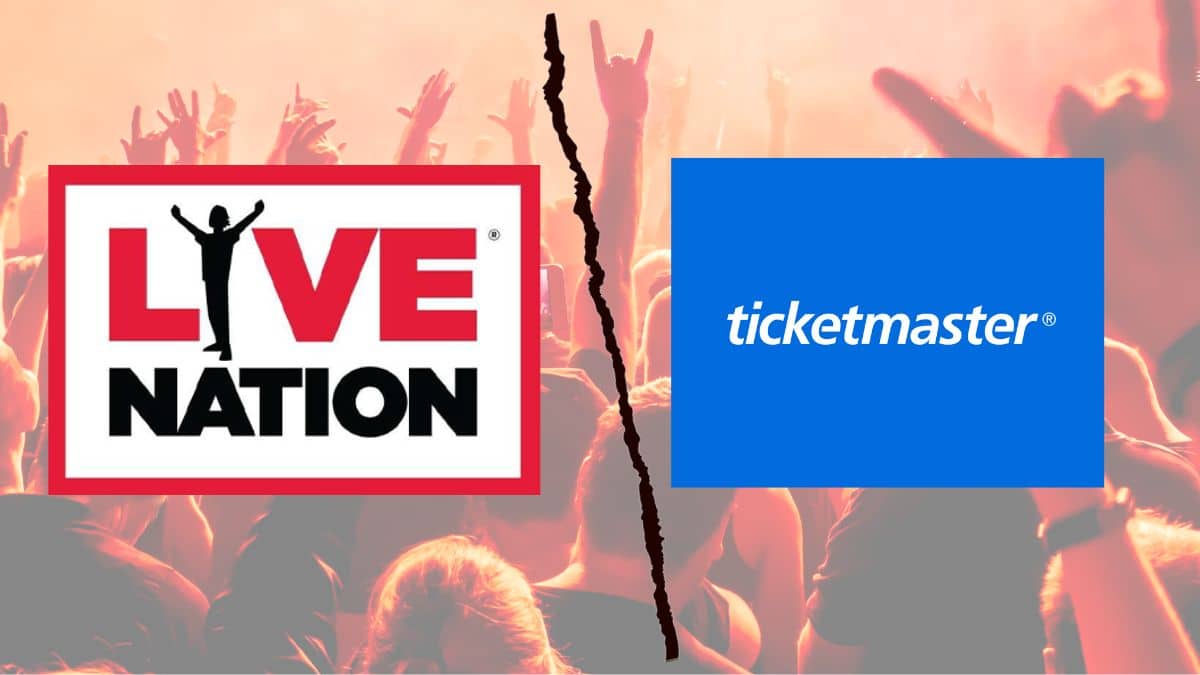Canada’s Supreme Court has declined to hear an appeal from Ticketmaster and Live Nation regarding several class-action lawsuits the companies are facing from consumers. The lawsuits, filed in multiple provinces, allege that the entertainment giant turns a blind eye to the use of “bot” programs to purchase tickets, leading to inflated ticket prices on resale marketplaces.
The Supreme Court’s decision lets stand a 2023 British Columbia Court of Appeal ruling that allowed the cases against Ticketmaster and its parent to continue, alongside similar lawsuits in Ontario, Saskatchewan and Quebec.
The lawsuits argue that the companies falsely claim that members of the public have a “fair opportunity” to buy tickets at face value. Simultaneously, they do nothing to prevent others from using multiple accounts and technological tricks to purchase tickets in excess of limits for the purpose of reselling them at significant markups.
FURTHER READING | Class Action Accusing Ticketmaster, Live Nation of Price Inflation Certified
At the core of the allegations is bombshell video taken by Canadian reporters at a ticketing trade conference in 2018. In the video, Ticketmaster employees told the reporters (posing as professional ticket resellers) that the company is aware of resellers who maintain numerous Ticketmaster accounts under different names to purchase tickets. Despite knowing that such actions are in violation of its own policies, the company didn’t enforce those policies, provided the resale was being done through its own systems – meaning it could profit further from the higher fees collected on the second (and subsequent) sales.
FURTHER READING | Ticketmaster Resale Under Fire After Scathing Reports
“I find that there is “some basis in fact” in this case that an award of punitive damages could be made to address “systemic” conduct,” wrote Supreme Court of British Columbia Justice Michael Tammen, who ruled that the lawsuit should be certified as a Class Action in 2021. “Ticketmaster has a virtual monopoly on ticket distribution for large segments of the primary market. Commencing in 2015, the defendants have been participating in the secondary ticket sales market, attempting to compete with sites such as Stubhub and Vivid Seats. There is evidence that Ticketmaster has turned a blind eye to professional resellers using bots to purchase large quantities of tickets on the primary market, and encouraged those resellers to list tickets for resale on its secondary market platform, using its inventory software, Tradedesk. Both Ticketmaster and the professional resellers profit from this activity, while the end user consumer pays an amount for the ticket greater than face price.”
Ticketmaster’s appeal did not dispute anything about the actual allegations made regarding its behavior contributing to the price inflation that the lawsuits say violate consumer protection laws. Instead, the company appealed on the basis that its purchase policies are an agreement with individual buyers, rather than “representations” to the public. It says the British Columbia court was wrong to allow the class action to continue, but Canada’s Supreme Court declined to take its side, which means the appeals court ruling stands.
While Live Nation, Ticketmaster and other industry insiders have regularly pointed to bad behavior and “bot” use as the core issues that consumers face in the modern ticketing ecosystem, they have seldom provided any meaningful proof of such claims. The use of automated computer programs to mass-purchase tickets has been illegal at the federal level in the U.S. for nearly a decade, but only two enforcement actions have been taken.
FURTHER READING | “Bots” And Their Impact on Ticketing
Industry advocates, many of whom argue that the issues with consumer ticketing are driven more by Live Nation/Ticketmaster’s allegedly monopolistic behavior than anything else, have pushed for requirements that primary ticket sellers report suspected “bot” usage to authorities for enforcement. Thus far, the companies enormous lobbying efforts have focused on defeating such measures while pushing for legislation that would effectively codify its dominance over both primary ticketing and ticket resale by eliminating the ability of other companies to operate as resale marketplaces.
From an opinion piece written in the wake of the Taylor Swift Eras Tour ticket sale fiasco – which was predictably blamed on “bots” despite Ticketmaster previously claiming that its system did not have any bots get through its defenses:
Ticket bots were blamed for the Taylor Swift fiasco. It is an act of storytelling, relying on a tired but reliable scapegoat.
The company repeatedly blames bots and scalpers when problems arise in live-event ticketing. The company does something similar with high fees — blaming artists, venues and promoters, of which many are controlled by Live Nation/Ticketmaster. Bots are not the sole or even the biggest problem; rather, the real issue is Ticketmaster’s desire to dominate the full spectrum of live events.
Lawmakers should not be fooled by Ticketmaster’s blame game for two reasons:
First, Ticketmaster clarified that bots did not breach its systems when Taylor Swift tickets were first offered. A since-deleted blog post on its website stated: “every ticket was sold to a buyer with a Verified Fan code. Nobody (not even a bot) could join a queue without being Verified. The two million tickets we sold only went to Verified Fans.”
Second, bots are illegal. Six years ago, Congress passed the BOTS Act, which outlaws the use of ticket bots and the sale or purchase of tickets obtained by bots. The Federal Trade Commission has enforced the law on only one occasion.



